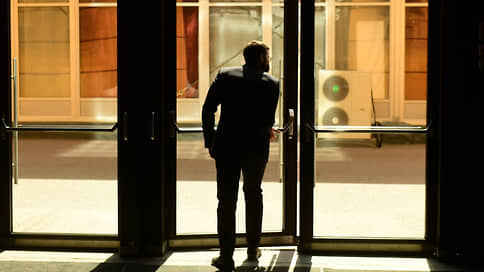The Russian Federation remained with its innovations – Newspaper Kommersant No. 181 (7382) of 09/30/2022
[ad_1]

Russia in 2022 retained its place at the end of the first third of the Global Innovation Index ranking, taking 47th place in the list of 132 countries. The Russian Federation continues to show the best results in the field of human capital development and science, while the “Institutional Conditions” component continues to negatively affect its position in the ranking. Progress in it can also be restrained by sanctions, to which departments are now responding within the framework of the possible. In particular, Russian recipients of research grants are supposed to be allowed to change foreign partners who have abandoned projects for colleagues from friendly or neutral countries.
The Global Innovation Index of the World Intellectual Property Organization (WIPO, a specialized agency of the United Nations) has been published since 2007. It is compiled jointly with academic partners, which include the National Research University Higher School of Economics since 2021. The 2022 index covers 132 countries. It is calculated as the average of two sub-indices – innovation resources (institutions, human capital and science, infrastructure, market and business development level) and innovation outcomes (development of technologies and knowledge economy, results of creative activity).
Russia’s position in the ranking has hardly changed over the past three years – it closes the first third of the participants. In 2022 – 47th place, in 2021 – 45th, in 2020 – 47th. The top three in the ranking are Switzerland, the USA and Sweden. They are followed by Great Britain, the Netherlands, South Korea, Singapore, Germany, Finland, Denmark. China is on the verge of the top ten, in 11th position.
Experts from the HSE Institute for Statistical Studies and Economics of Knowledge (ISSEK) note that, despite the growth in the effectiveness of innovations (plus 6 positions compared to 2018), Russia’s further advancement in the ranking may be hindered by a slow increase in the resource base for innovations (minus three places). According to the 2022 index, the country’s innovative potential is used by 61%. The Russian Federation continues to show the best results in the field of human capital development and science – 27th place (plus two positions). The “Institutional Conditions” component continues to negatively affect the overall position in the ranking – according to this indicator, the country ranked 89th against last year’s 67th.
The ISSEK believes that the advantages of the Russian economy are high activity in registering the results of intellectual activity (30th place) and a powerful resource base of science (29th). We note, however, that sanctions against the Russian Federation cannot but affect the effectiveness of scientific developments, and departments have to respond to this. Thus, according to the draft government decree prepared by the Ministry of Education and Science, grant recipients – scientific organizations and universities – are invited to be allowed to change the composition of foreign partners for joint research. The fact is that foreign organizations have been massively refusing to participate in international projects for which grants have already been allocated in recent months. The project gives the right to adjust the composition of the study participants and work with organizations from friendly or neutral countries.
As the Ministry of Education and Science explained to Kommersant, in 2022 funds were allocated for the implementation of more than a hundred projects, of which 50 are being implemented in the framework of cooperation with the EU countries. “Out of 50 projects, 20 are being discussed with other implementation formats or cooperation has been suspended,” the ministry said.
Another forced measure caused by the sanctions is the decision of the government to extend for a year, until December 31, 2023, the rule that, when evaluating the effectiveness of projects, government assignments, state support measures and grants, they will not take into account the number of publications of Russian scientists indexed in international databases before of all Web of Science and Scopus, as well as the participation of Russians in foreign scientific conferences.
[ad_2]
Source link






